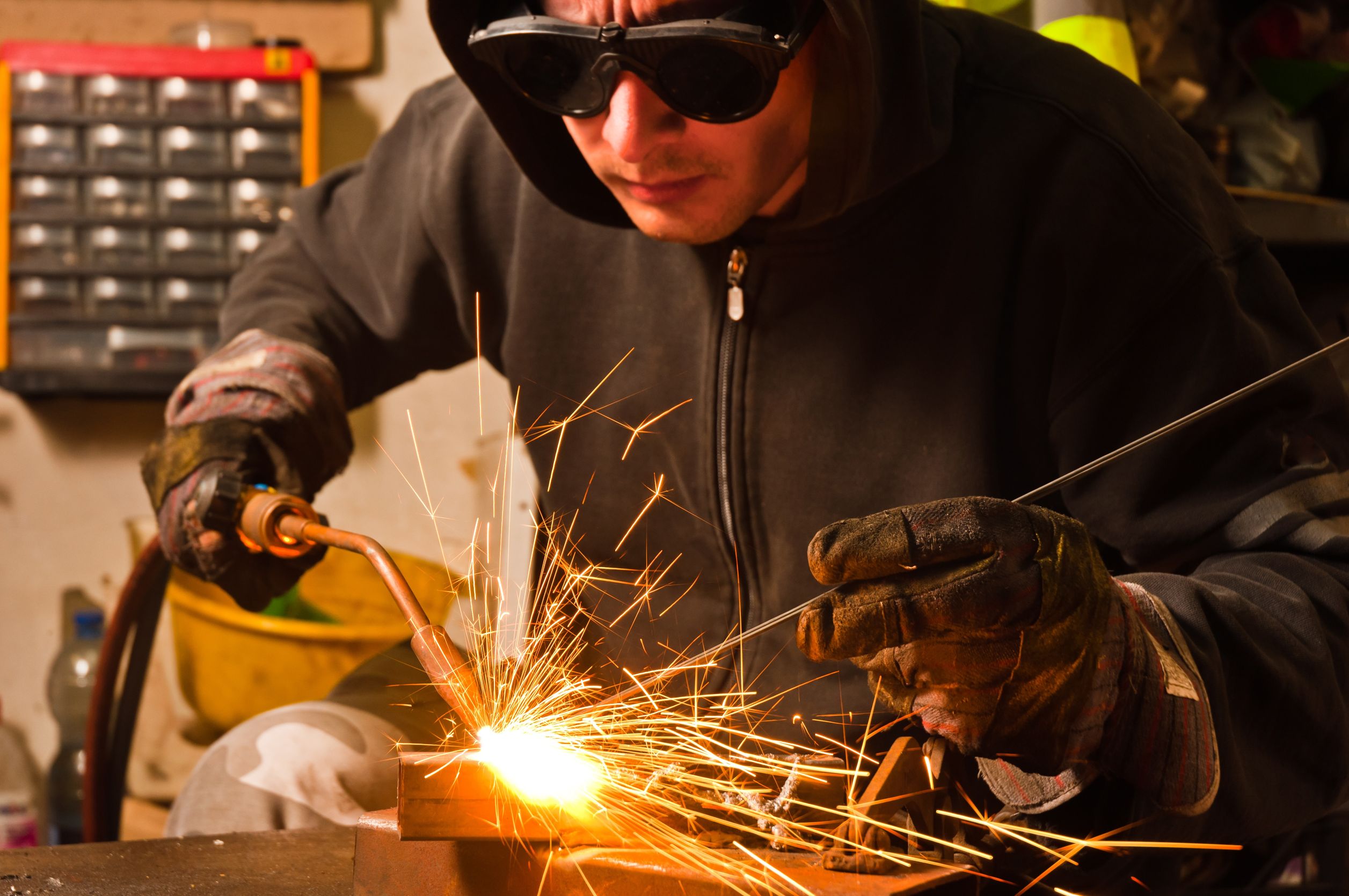In the rapidly evolving field of healthcare technology, the reliability and precision of medical equipment are paramount. From life-saving implants to diagnostic tools, every component must meet stringent standards for safety and durability. For those searching online for methods that ensure seamless assembly and longevity of medical devices, Medical Device Welding stands out as a critical process underpinning modern healthcare advancements.
Precision and Reliability in Healthcare Manufacturing
Medical device manufacturers rely on advanced welding techniques to join intricate components without compromising material integrity. Technologies such as laser, ultrasonic, and resistance welding enable the creation of hermetically sealed joints, essential for devices that must remain sterile or operate within the body. This precision is crucial for devices such as pacemakers, catheters, and surgical instruments, where even the most minor defect could lead to device failure or pose a risk to the patient.
Key Benefits of Medical Device Welding
The adoption of specialized welding processes offers several significant advantages in healthcare equipment production:
• Biocompatibility: Welding enables the joining of dissimilar metals and polymers without introducing contaminants, thereby preserving the biocompatibility required for implants and internal devices.
• Miniaturization: As devices become smaller and more complex, welding provides the micro-joining capabilities needed for compact designs.
• Enhanced Durability: Welded joints are typically stronger and more resistant to wear than those created with adhesives or mechanical fasteners.
• Improved Sterility: Seamless welds reduce crevices where bacteria can accumulate, supporting hygiene and infection control in clinical settings.
Meeting Regulatory and Industry Standards
Compliance with FDA and international standards is non-negotiable in medical device manufacturing. Welding processes must be validated to ensure consistent quality and traceability. Advanced inspection methods, such as X-ray and ultrasonic testing, are often employed to verify the integrity of each weld, ensuring every device meets rigorous safety requirements.
With the growing demand for innovative healthcare solutions, the role of medical device welding continues to expand, supporting the development of more effective, reliable, and patient-friendly equipment.
For those seeking a reliable solution in this field, Micro Weld, Inc. offers expertise and dependable services, making them a trusted partner for medical device welding projects.

